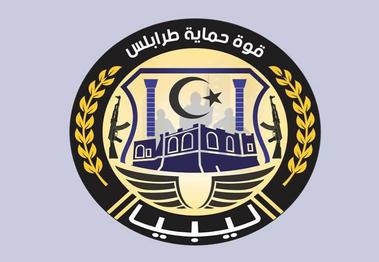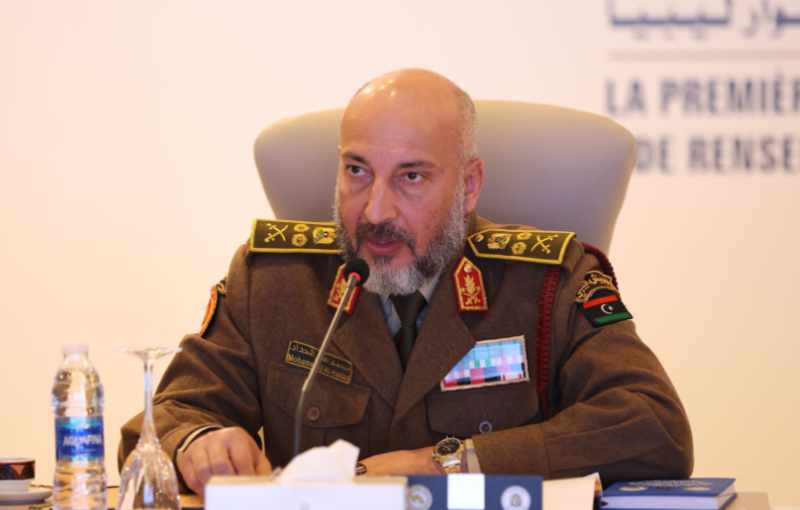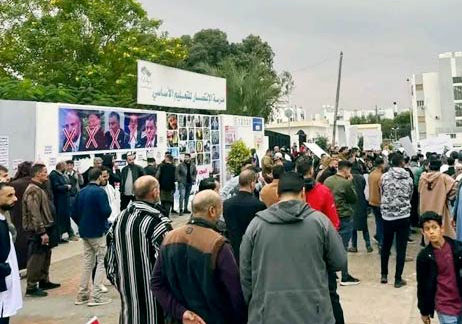
Islamic State (IS) cells in the Sirte Basin have become increasingly brazen in the last few months. After high-profile attacks on checkpoints manned by the self-styled local Libyan National Army (LNA), all of Libya’s major factions agree that something should be done to combat the renewed threat. It was, however, clear that they would not co-operate with each other in doing so and such co-operation is essential to a successful domestic response to this threat.
Meanwhile, the US has made it clear that it prioritises counter-terrorism — and in particular the fight against IS — before all other foreign policy priorities in the Middle East and North Africa. The re-appearance of IS in the Sirte Basin was specifically concerning to the US because it threatened the gains that had been made following the four-month long Operation Odyssey Lightning in 2016. US air assets from Africa Command (AFRICOM) had supported anti-IS operations by the nominally pro-GNA militias operating under the Bunyan Al-Marsous umbrella. The latter succeeded in expelling IS from its last Libyan headquarters in Sirte in December 2016.
To preserve these gains Washington — under the administration of then president Barack Obama — ordered air-strikes against IS fighters fleeing Sirte in January shortly before President Donald Trump took office. On 22 September, the US undertook a new series of airstrikes against an IS compound about 250 km southeast of Sirte. In its official press statement following the strikes, AFRICOM stated that it had killed 17 militants. The strikes underscored the US’ continued commitment to fighting IS in Libya and its use of similar tactics to the previous presidential administration.
The way that the strikes were carried out also suggests that — despite persistent lobbying from Haftar’s LNA and its supporters — the US military will continue to work with the GNA on counter-terrorism issues. During an engagement at the US Institute for Peace (USIP) shortly before the airstrikes, AFRICOM’s Commander, General Thomas Waldhauser, emphasised the US and AFRICOM’s continued focus on support for the GNA while keeping open lines of communication with Haftar. Even with the latter, however, Waldhauser was clear that AFRICOM’s focus was on ensuring that the US military’s actions in Libya never contradict US diplomatic efforts to support the political dialogue process.
This article was taken from our Libya Politics & Security publication. If you wish to receive any further information in regards to this article or about Libya, then please contact us.



